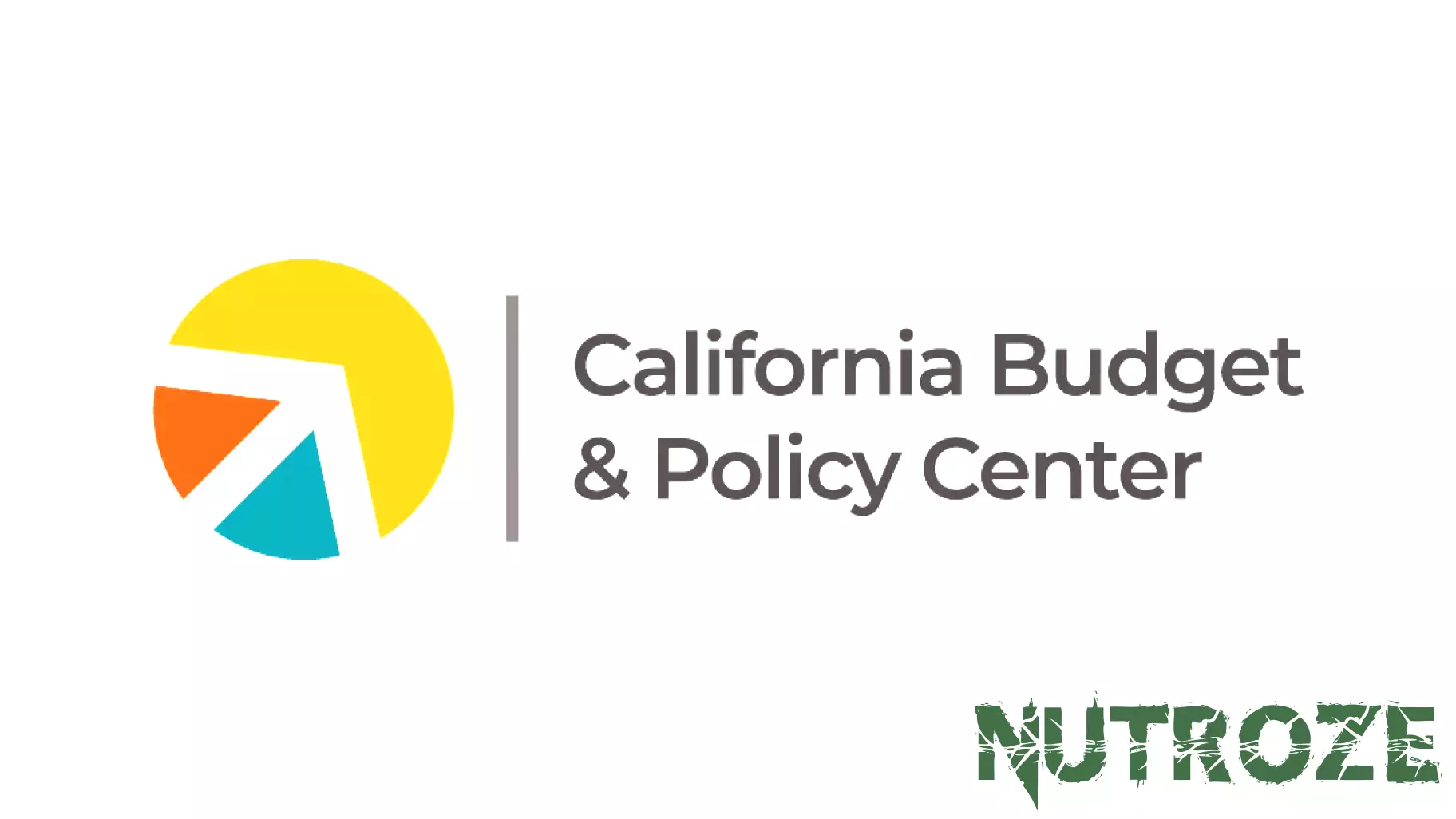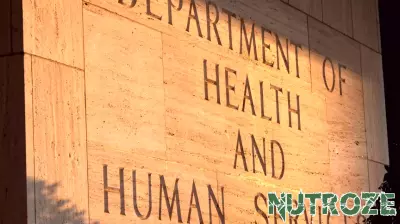House Budget Bill Puts Health Care and Food Aid at Risk for Millions While Favoring Wealthy Tax Cuts
May 23, 2025 - 10:51

SACRAMENTO, CA — In the wake of the House’s recent budget reconciliation package, concerns are mounting over the potential consequences for millions of Americans. The legislation aims to strip essential health care and food assistance programs, raising alarms among advocates and public health officials.
The proposed cuts are expected to disproportionately affect low-income families, children, and vulnerable populations who rely on these vital services for their well-being. Critics argue that the bill prioritizes tax cuts for the wealthy at the expense of those who are most in need.
Supporters of the budget package contend that the tax reforms will stimulate economic growth, but opponents highlight the immediate risks to public health and nutrition. As discussions continue, many are calling for a re-evaluation of the priorities reflected in the bill, urging lawmakers to consider the long-term implications of reducing support for essential services. The debate over this budget proposal underscores the ongoing struggle between fiscal policy and social responsibility.
MORE NEWS

March 5, 2026 - 01:42
Preventive health advisory panel meeting postponed for third timeThe scheduling of a pivotal national health advisory meeting has hit another setback, marking the third postponement for this key committee. The panel, responsible for establishing influential...

March 4, 2026 - 04:39
ChatGPT Health 'under-triaged' half of medical emergencies in a new studyA recent study has cast significant doubt on the reliability of popular AI chatbots for urgent medical advice. When presented with a series of standardized medical scenarios, a leading chatbot...

March 3, 2026 - 05:59
Volunteer Needed for El Paso County Board of HealthA critical vacancy on the El Paso County Board of Health has prompted an official search for a qualified medical professional to help guide community well-being. The county is now accepting...

March 2, 2026 - 08:36
Labour promises same-day mental health help if it wins Senedd electionA transformative pledge to provide same-day mental health support for all who need it sits at the heart of Welsh Labour’s latest election promises. The commitment will be formally unveiled by...